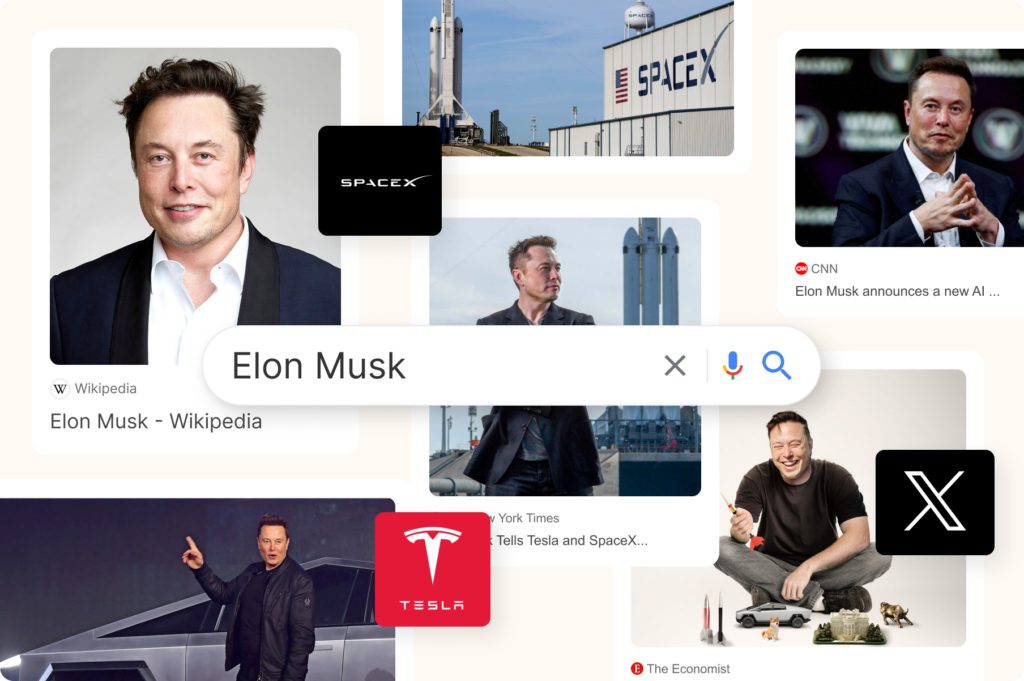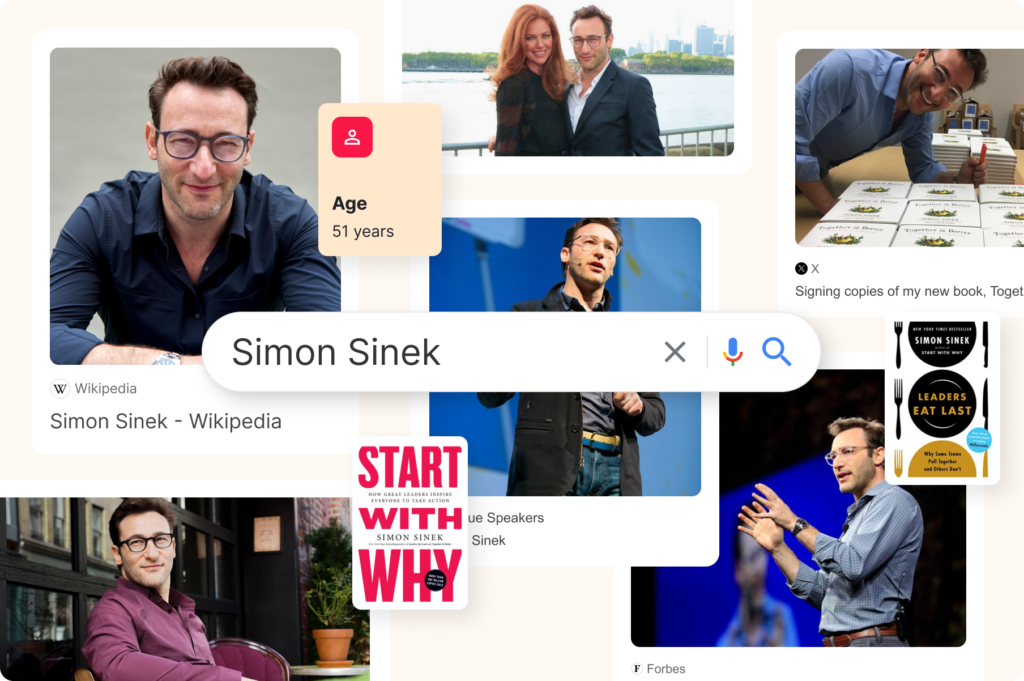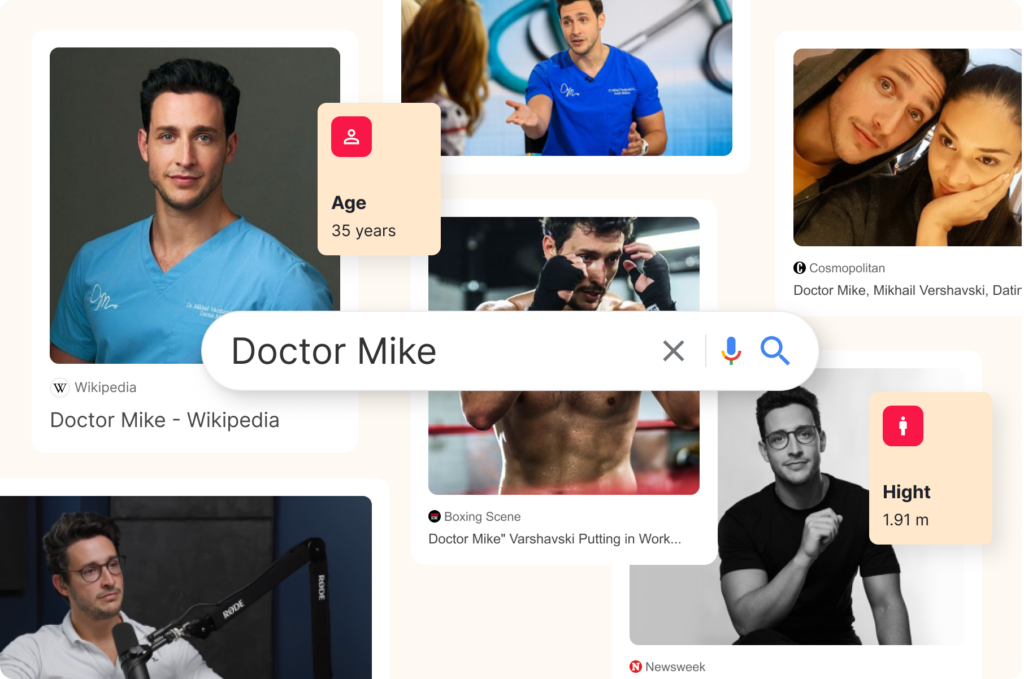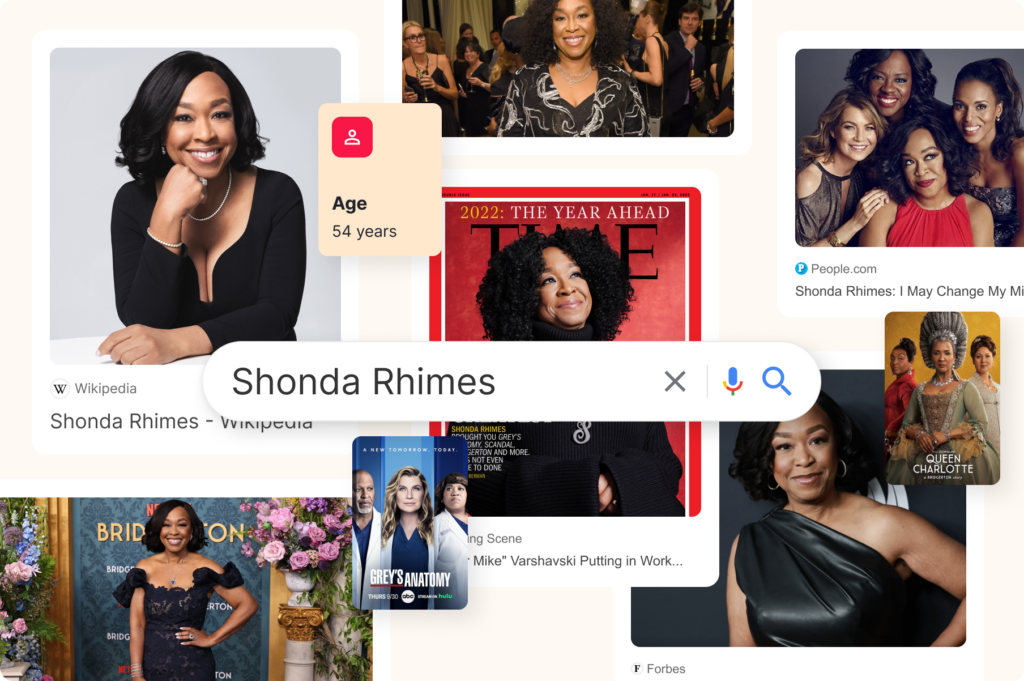Personal branding shapes how others see you by showcasing your strengths, values, and skills. Professionally, a solid personal brand can open doors, build trust, and help you stand out in competitive environments. We will explore personal branding, why it matters, and how you can create and use it effectively to advance your career and personal goals. Whether you’re looking to build credibility, stand out, or connect with others, personal branding can help you succeed.
What is Personal Branding?

Personal branding is creating a specific image or identity for yourself professionally. It’s about telling who you are, what you do, and how you can help others. Your personal brand reflects your skills, values, experiences, and how you present yourself to others.
Think of personal branding as your reputation—it’s how people perceive you when they think of you in a professional life. Whether you’re applying for a job, promoting a business, or looking to make a bigger impact, having a clear and intentional personal brand helps you stand out.
Where You Might Need to Build a Personal Brand
- Launching a side hustle or freelance business
A strong personal brand can help you attract clients if you’re starting a side business. Showing off your skills and sharing testimonials will make people feel more confident in hiring you.
- Networking at conferences or events
When attending industry events, having a clear personal brand makes it easier for people to remember you. You’ll leave an impression if you introduce yourself as an expert in your field with a strong brand identity.
- Career change or transition
If you’re moving into a new field or looking to shift your career, a personal brand can highlight your transferable skills and position you as a valuable candidate in your new industry.
What is Elon Musk’s personal brand?
Elon Musk’s brand blends visionary leadership, innovation, and audacity. Known for his forward-thinking ideas and ambitious projects, such as Tesla and SpaceX, Musk embodies risk-taking, futuristic thinking, and resilience in the face of challenges. His brand represents disruption, pushing boundaries, and inspiring the next generation of entrepreneurs.
What Makes a Strong Personal Brand?

Brand aesthetics often incorporate fundamental design principles to create a cohesive and memorable’s not just about what you do but who you are, what you stand for, and the impact you want to create.
- A unique story
Your story sets you apart. Sharing your journey—the experiences that shaped you and the challenges you overcame—helps people connect with you on a deeper level.
- Skills
Your skills are a vital component of your brand. Make sure to regularly showcase them through your work, whether projects, articles, or social media content.
- Values
Your personal brand should reflect what you stand for. This helps others align with you deeper, especially those with the same values.
- Design
How you visually present yourself – from your LinkedIn profile photo to your website’s design – matters. A professional, consistent design reinforces your brand identity.
- Personal brand statement
A short, impactful statement that sums up who you are and what you do. It should be memorable and give others a clear understanding of your unique value.ce.
Why is Personal Branding Important?
People brand themselves to control how others perceive them, especially professionally. Personal branding allows people to showcase their strengths and position themselves as experts. It’s a way to stand out in a seemingly saturated world of brands and create opportunities by communicating unique value to employers, clients, or collaborators.
Personal branding is relevant to everyone, no matter their industry or career stage. Whether you’re a job seeker, entrepreneur, or seasoned professional, your brand helps you communicate your story, values, and skills in a way that resonates with others. It shapes your appearance and makes building connections and attracting opportunities easier.
Building a personal brand can be difficult because it requires self-reflection, consistency, and effort. It would be best to define what makes you unique, present that message clearly, and remain authentic. It also takes effort to maintain a consistent presence across platforms.
Your brand reflects your skills, values, and personality. When people engage with your brand, they should clearly understand the value you bring. A strong brand shows your unique strengths and why others should connect with or hire you.
The most important aspect of personal branding is authenticity. Being genuine is what makes your brand memorable and trustworthy. Authenticity builds trust and helps you create meaningful connections.To stand out with your personal brand, focus on what makes you different. Please project your unique journey, specialized skills, or core values and present them whenever possible. This will help you rise above the noise and leave a lasting impression.
Quick Recap of Personal Branding Advantages
- Opens opportunities: Attracts job offers, promotions, and partnerships by highlighting your unique value.
- Builds credibility and trust: Establishes you as a reliable and trustworthy professional.
- Helps you stand out: Differentiates you from others and gives you a competitive edge.
- Controls your narrative: Allows you to shape your professional image and reputation.
- Increases visibility: Enhances recognition within your industry or field.
- Boosts confidence: Reinforces your self-assurance and professional identity.
How to Build a Personal Brand: Key Strategies
Building a personal brand is about defining who you are and the value you offer. Whether you are a professional, entrepreneur, or job seeker, a solid personal brand sets you apart and boosts your career. So, how do you start? By following key strategies to discover your identity, share it effectively, and stay consistent, you can create a brand that enhances your reputation and opens new opportunities.
Audit Your Personal Brand Equity
Knowing where you stand is essential before defining who you want to be. You can start by auditing your current personal brand. What do people associate with you? How do colleagues, clients, or employers perceive you? A brand audit helps you identify your strengths, gaps, and opportunities for growth. Ask for feedback from others, review your online presence, and look for patterns in how you’re described.
Define Your Brand Identity
Your brand identity is what makes you unique. It’s about understanding your purpose, values, goals, and talents and using them to shape how others see you. To define this, ask yourself key questions:
What do I care about deeply? (Values)
What are my strengths and passions? (Talents)
What problems do I solve for others? (Purpose)
Where do I want to be in 5 or 10 years? (Goals)
These answers will help you clarify your brand and how to communicate it effectively.
Determine Your Target Audience
Like businesses, you need to know who you’re trying to reach with your brand. Ask yourself: Who needs to see and hear my brand? Knowing your audience helps you tailor your messaging and approach, whether it’s employers, clients, or peers. Think about their challenges and how your brand can solve their problems or meet their needs.
Develop a Personal Brand Statement
A personal brand statement clearly defines who you are, what you do, who you serve, and why it matters. It should be short, memorable, and convey your unique value. Here’s a basic formula:
“I help [target audience] with [skills or services you offer], so they can [benefit/result they achieve].”
Example:
“I help small business owners streamline their operations through effective project management, allowing them to scale their businesses more efficiently.”
This statement becomes the foundation of how you present yourself in every interaction.
Optimize Your Online Presence
Your online presence plays a huge role in personal branding. Defining your communication strategy is crucial – knowing which platforms to use, how to message your target audience, and how to be consistent across all media. Start by optimizing key platforms:
- LinkedIn:
Focus on your industry’s essential skills, quantify your accomplishments, and complete your profile. Don’t forget a professional photo—it adds to your credibility. - Twitter:
Share insights, engage in industry conversations, and connect with influencers. - Instagram:
Showcase your personal brand through visuals and storytelling. Whether you’re a designer, marketer, or entrepreneur, Instagram is great for building connections. - TikTok, Snapchat, Reddit:
These platforms allow for more personal, authentic connections with audiences. Create content that shows your personality and expertise in fun and engaging ways.
Create and Share Valuable Content
Creating content is one of the best ways to establish yourself as an authority in your field. Share valuable, insightful content that resonates with your audience. Whether through blog posts, podcasts, videos, or social media posts, a strong content strategy builds trust and showcases your expertise. Regularly sharing relevant content positions you as someone who adds value to the conversation.
Network and Collaborate
Personal branding isn’t just about what you say; it’s about who you know. Networking with gatekeepers, influencers, promotes, and communities is essential to expanding your brand’s reach. Attend industry events, collaborate with thought leaders, and engage with relevant communities online and offline. Building these relationships increases your visibility and credibility.
Be Consistent and Invest in Lifelong Learning
Consistency is critical to maintaining your brand. Please keep your messaging, tone, and presentation uniform across all platforms and interactions. Your audience should see the same values and qualities reflected in everything you do.
Additionally, investing in lifelong learning helps you stay relevant. Whether through formal education, industry certifications, or personal development, keeping your skills and knowledge up-to-date strengthens your personal brand value.
If you want to elevate your brand, working with professionals with expertise in personal brand modeling is also a good idea. These experts can help refine your image, strategy, and messaging, ensuring your brand aligns with your goals and resonates with your audience. A strategic approach from professionals can give your brand the edge it needs to stand out in a crowded marketplace.
Reinvent Your Brand as You Grow
As you evolve in your career, so should your brand. You can periodically reassess your brand identity to align with your goals and values. Please feel free to reinvent your personal brand whenever you need to. Growth and change are a natural part of the process.
Answer: how do I brand myself? How do you find your brand identity? How do you show personal branding?
Examples of Personal Branding
Building a strong personal brand can significantly impact your professional success. If you’re wondering, “How do I write my brand? “What does a personal brand look like? “
Simon Sinek: The Leadership Expert

What he does: Author, motivational speaker, and leadership expert.
Why his branding works: Simon Sinek’s brand is centered around inspirational leadership. His focus on clear “why” and purposeful purposeful leadership has earned him a loyal following, especially among business leaders and managers.
What he offers: He’s the author of several popular books, including Start With Why and Leaders Eat Last, and he offers corporate training programs on leadership.
Popular Pages: Simon’s thought leadership is shared across LinkedIn, Instagram, and his website.
Dr. Mike Varshavki (Doctor Mike): The Health Advocate

What he does: Family medicine doctor, social media influencer, and advocate for health education.
What his branding works: Dr. Mike’s personal brand is built around making medical information accessible and easy to understand. He combines humor, relatability, and expertise to build trust with his audience, making him one of the most popular medical influencers,
What he offers: Dr. Mike educates his audience on health and wellness through his YouTube and social media platforms, offering practical tips and myth-busting videos.Popular pages: Dr. Mike can be found on YouTube, Instagram, and TikTok, where he connects with millions of followers by simplifying complex medical topics.
Shonda Rhimes: The Storytelling Innovator

What she does: Television producer, writer, and creator of iconic shows like Grey’s Anatomy and Scandal.
Why her branding works: Shonda Rhimes has built a personal brand on her knack for storytelling, especially with strong, complex characters. Her brand resonates with audiences because she brings authenticity and representation to mainstream media.
What she offers: Through her production company, Shondaland, she provides content that addresses social issues with creative depth, while her book Year of Yes inspires others to embrace bold changes.
Popular pages: Rhimes connects with fans through Instagram and Shondaland.com, providing a glimpse into her creative process and values.
Hoda Kotb: The Positive Spirit

What she does: Co-anchor of NBC’s Today Show and author.
Why her branding works: Hoda Kotb’s brand radiates positivity and resilience. Known for her uplifting personality, she connects with viewers by sharing her own life experiences and focusing on inspiring stories.
What she offers: Kotb’s brand is about news, sharing personal journeys, and spreading kindness, appealing to audiences who value optimism and compassion.Popular pages: Hoda shares her positivity on Instagram and NBC platforms, giving her followers a glimpse into her life and values.
Build Your Brand With Project Branding
Having a functional personal brand is essential. It helps you stand out, conveys your values and skills, fosters trust, enhances your credibility, and opens new opportunities.
Project Branding provides a structured approach to building or optimizing your personal brand. Focusing on your unique story, target audience, and messaging ensures every aspect of your brand aligns with your goals, making it more impactful.
Ready to elevate your personal brand? Book a free consultation to find out how we can help you.
Personal Branding FAQs
What are the 5 Cs of personal branding?

The 5 Cs of personal branding are essential elements that help create a well-rounded, memorable brand that resonates with an audience. Here’s what each one means:
- Clarity
Know and communicate your values and purpose. Clarity makes your brand easier to understand, relate to, and support your brand. - Consistency
To build trust and make your brand recognizable, maintain a uniform message, tone, and look across all channels. - Credibility
Demonstrate expertise and reliability. Credibility builds trust and positions as an authority. - Connection
Engage with your audience authentically. Strong connections make your brand memorable and foster loyalty. - Courage
Show authenticity and take a stand. Courage sets your brand apart and helps you make a lasting impact.
These “5 Cs” help create a strong, trustworthy, and impactful personal brand.
How can you use your personal brand?
Using your personal brand across marketing materials, products, and social media platforms can significantly boost visibility and trust. Start with your marketing materials – reflecting your brand’s colors, fonts, and messaging in everything from business cards to websites creates a cohesive image that feels memorable and professional.
In your products, emphasize values unique to your brand, such as sustainability or innovation, to connect more deeply with your audience and customers and give your offerings a distinctive appeal.
Social media amplifies this image by consistently sharing industry insights, achievements, and engaging content; you build credibility and foster a loyal community. Together, these platforms showcase your brand’s personality.
What are the other rules of personal branding?
- Offer value
Provide content, insights, or resources that benefit your audience. This will help position you as a trusted authority and encourage people to engage with and remember your brand. - Evolve and Adapt
Your personal branding strategy should grow over time. Be open to adapting as you gain experience, learn new skills, or shift your focus. This keeps your brand fresh and relevant.



